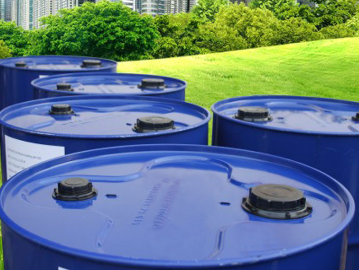Silicone rubber is a synthetic elastomer with a unique chemical structure that gives it a range of exceptional properties. Silicones are polymers consisting of silicon and oxygen atoms, with organic groups attached to the silicon.
The following are some of the key properties of silicone rubber:
1. Resistance to Temperature Extremes
One of the most significant benefits of silicone rubber is its ability to maintain its physical properties over a broad temperature range, from -55°C to 200°C. This thermal stability makes it ideal for applications in extreme environments, such as aerospace and automotive industries, where temperatures can fluctuate rapidly.

2. Good Electrical Insulation Properties
Silicone rubber is an insulator with excellent electrical properties, including high dielectric strength and low power factor. It is resistant to electrical arcing, corona discharge, and tracking, making it valuable in electrical applications.
3. Excellent Chemical Resistance
Silicone rubber has resistance to many chemicals, including acids, alkalis, and solvents. It also has better resistance to oils, fuels, and hydraulic fluids than other polymers, making it ideal for automotive and other industrial applications.
4. High Tensile Strength and Flexibility
Silicone rubber is an elastic material that is both flexible and strong. It can withstand high stress and strain without breaking and has good tear strength. This makes it ideal for dynamic applications, such as gaskets and seals in automotive and aerospace industries.
5. Hydrophobicity
Silicone rubber has hydrophobicity, which means it repels water and other fluids. This characteristic makes it valuable in applications where water or other liquids may come into contact with the material.
6. Biocompatible
Silicone rubber is biocompatible, making it suitable for medical applications. It is non-toxic, non-allergenic, and non-carcinogenic. It is also resistant to bacterial growth and easy to sterilize, making it ideal for applications such as implantable devices, catheters, and gaskets for medical equipment.
7. UV Resistance
Silicone rubber is resistant to UV radiation, making it valuable in outdoor applications. It can withstand exposure to sunlight without cracking or breaking down.
8. Color Stability
Silicone rubber can maintain its color when exposed to UV radiation, heat, or chemicals, which is an advantage in applications that require color-coding for identification.
In summary, silicone rubber has unique chemical, mechanical, and physical properties that make it valuable in a range of industrial, commercial, and medical applications. Its thermal stability, electrical insulation, chemical resistance, and flexibility are some of the reasons why it is a preferred material for many applications.